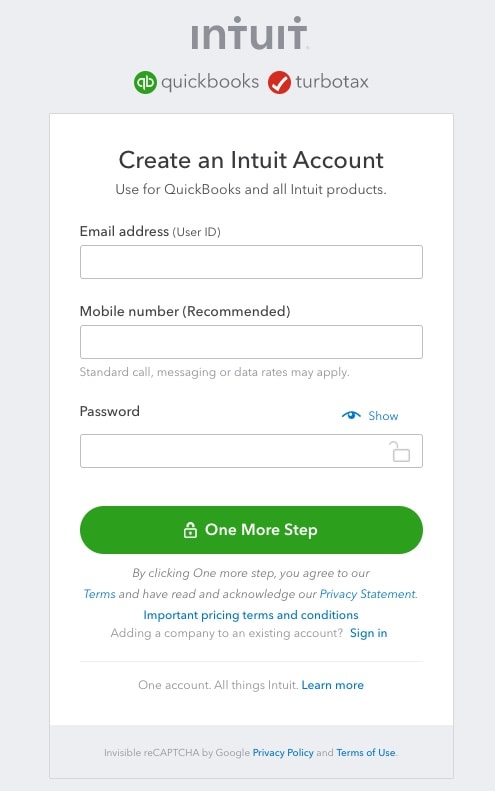Turn on suggestions
Auto-suggest helps you quickly narrow down your search results by suggesting possible matches as you type.
Showing results for
Hello, @maisonwhite.
Let me help share some information in setting up a tax-free ex gratia payment for your employee.
If you're setting up an additional payment for your employee, you can use the reimbursement pay type for non-taxable. For deductions, you can customise the after-tax deduction for non-taxed.
You can refer to this related article for more information: Add or customise deductions in QuickBooks Online Payroll.
For additional reference you can also check this article: Adding additional earnings lines in QuickBooks Online Advanced Payroll.
This should help point you in the right direction.
If you have other questions about the payment types, do let me know. I'm always here to help.
Will this subject the payment to NI? An ex gracia payment to an employee is tax free, but not NI free. I'd assume a true reimbursement would not be subject to either, so I suspect the approach suggested will not charge NI. Is it possible to set up a tax free but NI'able pat type, which is what an ex gratia employee payment is
Welcome to the Community space, @Payford. I'm here to answer your questions one at a time and ensure that any ex gratia payments made to your employee are properly recorded.
As mentioned above, you’ll want to utilize the reimbursement pay type for non-taxable when setting up an additional payment for your employee. You can then adjust the non-taxable after-tax deduction for deductions. See this article for more details: Add or customise payroll deductions in QuickBooks Standard Online Payroll.
Moreover, payments made by an employer to an employee are usually taxed because HMRC will classify them as "arising out of the contract of employment." However, ex gratia payments are an exception to this norm and are tax-free under Section 403 of the Income Tax (Earnings and Pensions) Act of 2003 for sums under £30,000.00. This is due to the fact that these are voluntary payments provided by the employer as compensation for loss of employment, not for the work that has been completed or for the provision of services. You’ll want to read through this link for more information about the policy: Income Tax and National Insurance contributions: treatment of termination payments.
To avoid an unforeseen tax obligation in the upcoming year, any ex-gratia payment over £30,000.00 should be disclosed to the Inland Revenue. For more insights, please head to this link: HMRC National Insurance Manual.
Let me know how everything turns out by commenting below. I'm always around whenever you have follow-up payroll concerns or tax questions in QuickBooks. Take care.

You have clicked a link to a site outside of the QuickBooks or ProFile Communities. By clicking "Continue", you will leave the community and be taken to that site instead.
